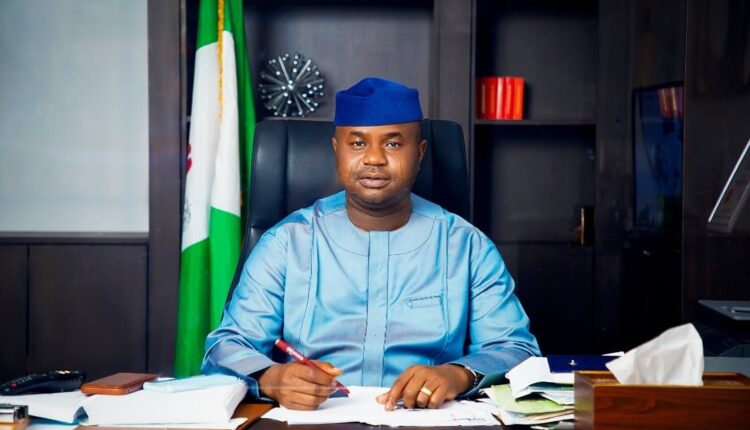The Chairman of the Federal Inland Revenue Service (FIRS), Dr. Zacch Adedeji, has attributed Nigeria’s unprecedented revenue growth to bold fiscal reforms introduced by President Bola Tinubu’s administration.
Adedeji disclosed that federal revenue hit N3.64 trillion in September 2025, representing a 411 per cent rise from the N711 billion recorded in May 2023.
Speaking with State House correspondents in Abuja, the FIRS chairman highlighted key milestones transforming the nation’s fiscal outlook, particularly the rapid expansion of non-oil revenue streams.
According to him, non-oil revenue climbed from N151 billion to N1.06 trillion in two years, marking a significant shift in Nigeria’s earnings structure. Oil revenue also rose to N644 billion, while Value Added Tax (VAT) collections tripled to N723 billion, reflecting stronger compliance and improved efficiency across sectors.
Adedeji credited the impressive performance to tax reforms that simplified processes, reduced the burden on small businesses, and introduced new compliance tools such as e-invoicing and updated excise regulations.
He further revealed that a presumptive tax regime will soon capture hard-to-tax sectors, while harmonisation of state levies is underway to broaden the tax net.
“Our goal is to build a fair, efficient, and sustainable tax system that supports growth and boosts investor confidence,” Adedeji stressed.
On debt management, he confirmed that unbacked Ways and Means advances from the Central Bank have been halted, with the loans now reclassified as federal debt.
“The debt is now collateralised. Both principal and interest are being repaid, ensuring exchange rate stability and system confidence,” he said.
Addressing concerns about borrowing, Adedeji argued that it remains a normal practice worldwide when properly legislated and channelled into infrastructure.
“Borrowing funds infrastructure that generates future tax revenues from beneficiaries. This is a sustainable approach for long-term development,” he explained.
Looking ahead, the FIRS chairman announced that Personal and Company Income Tax reforms will take effect in January 2026 to further widen Nigeria’s revenue base.
He reiterated that the ongoing reforms are designed to reduce dependence on borrowing, strengthen fiscal resilience, and sustain the country’s economic growth trajectory.


